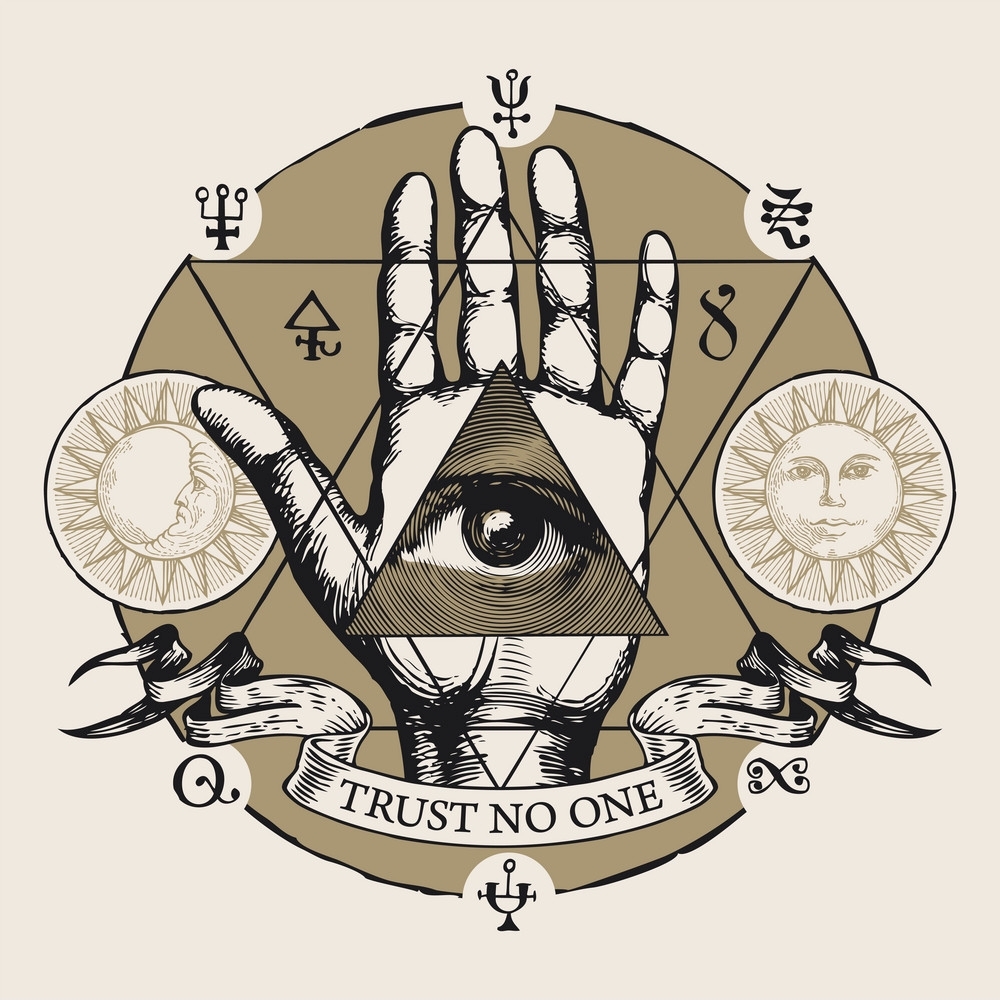“Within religious circles the word “demonic” is generally used to describe something either actual or fictional. In the conservative/fundamentalist world demons are real beings who travel around the world creating mischief. On the other side people from the progressive/liberal tradition tend to think of demons and the demonic as terms that were used by pre-scientific societies to describe what we would today label mental illness.
However there is a different way of understanding the demonic that views it as describing neither actual things, nor as referring to a fictional world but rather as describing a virtual reality.
In philosophical terms the virtual is a type of reality that cannot be adequately said to either exist or not exist, but which insists.
For example, fascism doesn’t exist in the sense that it would not be found in a universe where all conscious being were removed. Yet it is something that stands over and above us. It is something that is bigger than any one individual and which can influence behavior even in one who is not conscious of it.
A virtual reality does not necessarily even exist in the mind, for individuals can be deeply influenced by a virtual reality that they don’t even believe in or know exists. For instance, in Northern Ireland sectarianism is a type of reality that continues to insist even though most of the population does not embrace it (meaning that they do not believe one side of the community to be inferior to the other).
Yet sectarianism still has a large (though diminishing) influence on people’s everyday material lives. While not being conscious of it people know what bars they can go to and which are best to avoid, where to buy a house and where to send their children to school.
The sectarian atmosphere helps to regulate people’s everyday activities without necessarily anyone being directly aware of it. Indeed one often only becomes aware of it when someone visits from a different country and asks why we don’t go to certain areas. This then can cause us to consider embedded actions that we generally just enact without thinking (like the driving of a car). As a result it takes great effort to go against the sectarian atmosphere, as well as courage (for some counter-actions are dangerous).
Grammar operates as a type of virtual reality in that it regulates how we put words together, yet it doesn’t exist in our conscious minds (unless we are studying it). Grammar was there before we arrived on the scene and will be there when we leave. It is something that comes from us and that we are immersed in, yet which is not reducible to us. More than this it deeply influences us in ways that are mostly unaware of.
This is why one can say that virtual realities insist – for they exert force upon us whether we know it or not.
The demonic, as an oppressive force upon our lives – a force that is a part of us and yet more than us – captures this virtual dimension. When Paul says that we are not fighting against flesh and blood but principalities and powers we can see how this fits with the ideological struggle that wrestles against systems of injustice that influence how we all live regardless of whether we subjectively affirm them or not.
In light of this understanding of the demonic, demon possession can be approached as the subjective inscription of these systems of injustice into an individuals consciousness. The demonic is the system of injustice that influences the material actions of all those in a society while demon possession is where an individual becomes the actual mouthpiece of that injustice, thus taking the virtuality and making it live in ones direct consciousness.
…
In philosophy virtual reality thus describes a type of strange reality that does quite exist in the way that tables and chairs do, but that nevertheless has an impact upon us and appears to exist for us. But it only takes the form of an actuality insofar as we live as though it exists.
We might not actually believe in it, but it still informs our behavior in the world until we are able to find ways to ridicule it and live in a way that is not informed by it.”
– Peter Rollins, On the Demonic and Virtual Reality


